UW CSE Security Team Receives Recognition
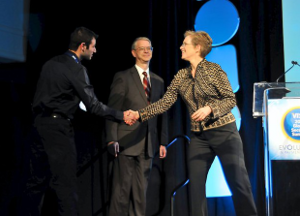
The UW CSE Security Competition Team was recognized at the 2011 VISA Global Security Summit in Washington DC. Besides high ranking VISA security personnel, the former NSA and CIA chief, the former Attorney General, a four start General, personnel from the US Secret Service, and others were present.
The team was also recently featured in The Christian Science Monitor. The story is available in the magazine and online here.
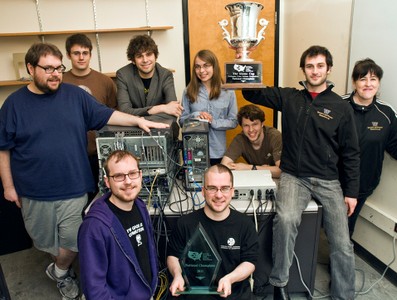 The
The  “
“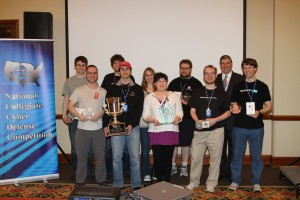 The UW CSE computer security competition team consisting of Alexei Czeskis (team captain), Karl Koscher (team co-founder), Ian Finder, Mary Pimenova, Cullen Walsh, Baron Oldenburg, Conrad Meyer, and Mark Jordan — coached by Melody Kadenko — just won the National Collegiate Cyber Defense Competition!
The UW CSE computer security competition team consisting of Alexei Czeskis (team captain), Karl Koscher (team co-founder), Ian Finder, Mary Pimenova, Cullen Walsh, Baron Oldenburg, Conrad Meyer, and Mark Jordan — coached by Melody Kadenko — just won the National Collegiate Cyber Defense Competition!  UW CSE Security Lab member
UW CSE Security Lab member 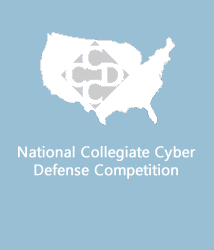 The UW CSE cyber defense competition team just won
The UW CSE cyber defense competition team just won 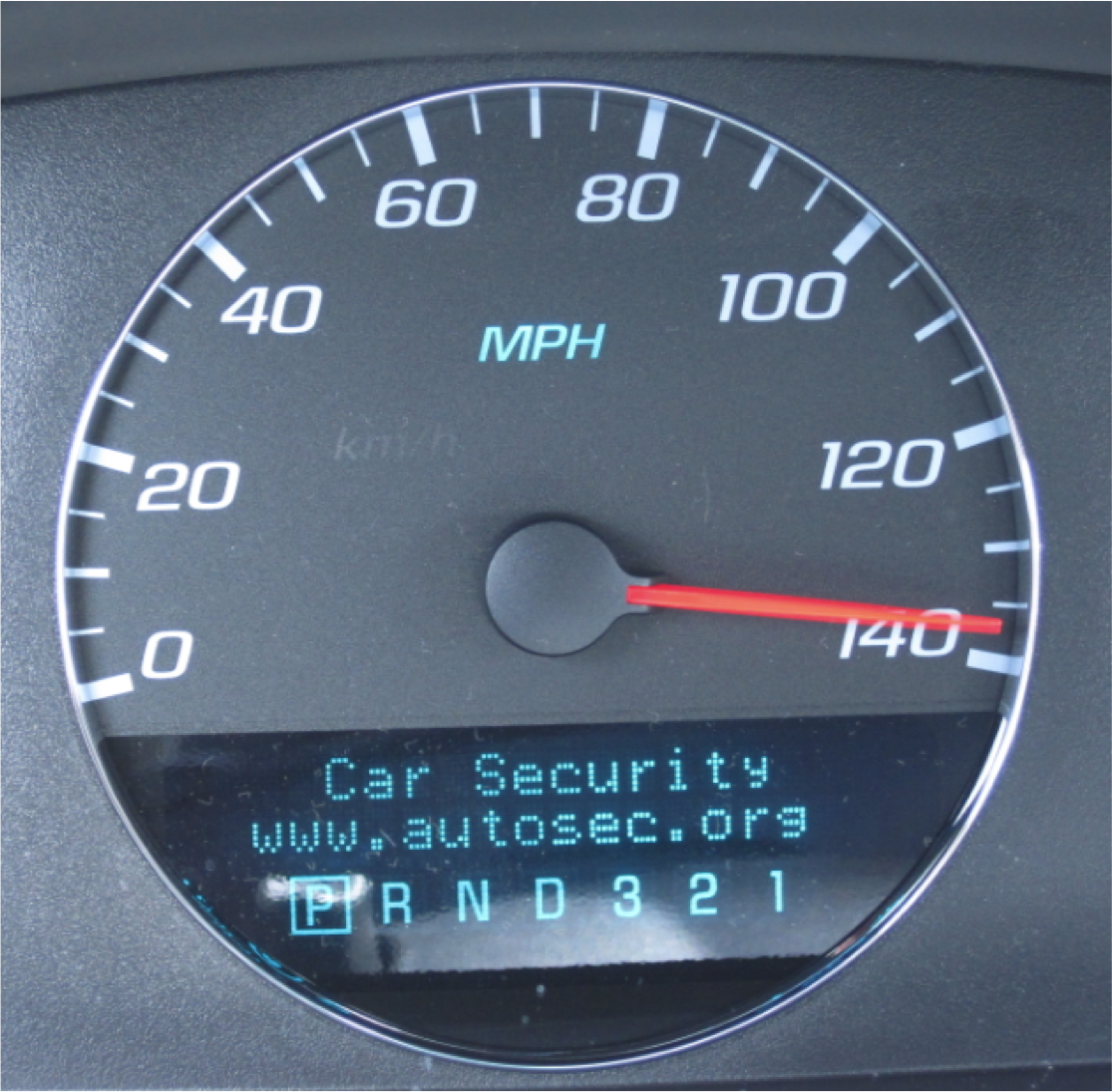 Congratulations to
Congratulations to 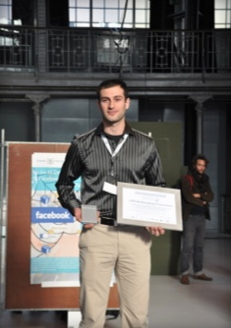 UW security and privacy researchers had a strong showing at the
UW security and privacy researchers had a strong showing at the 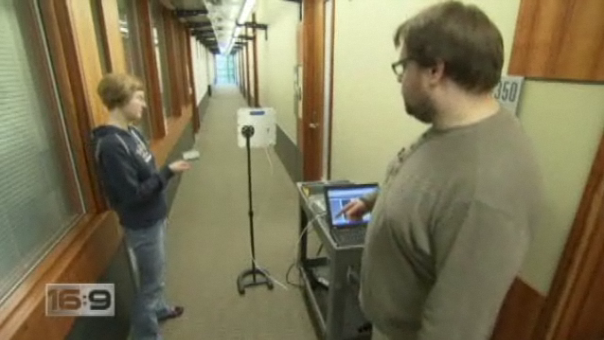 UW security research
UW security research